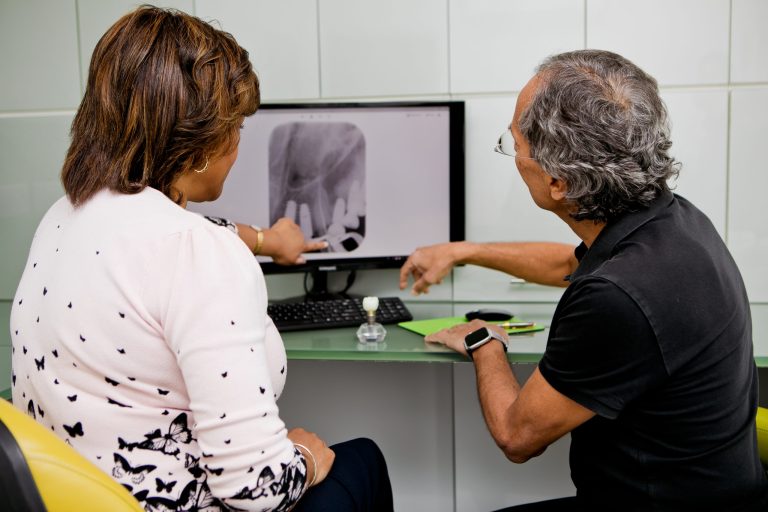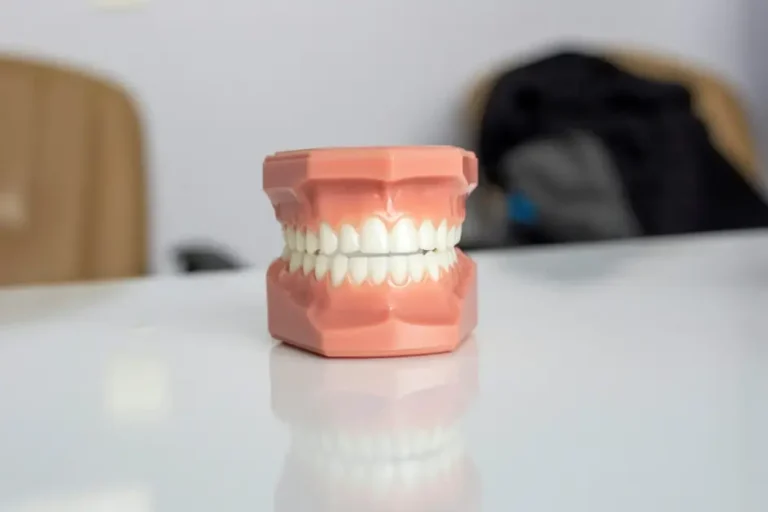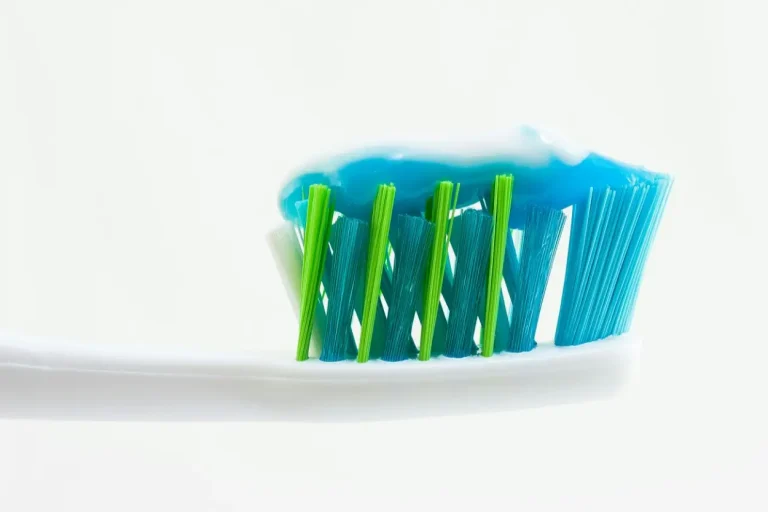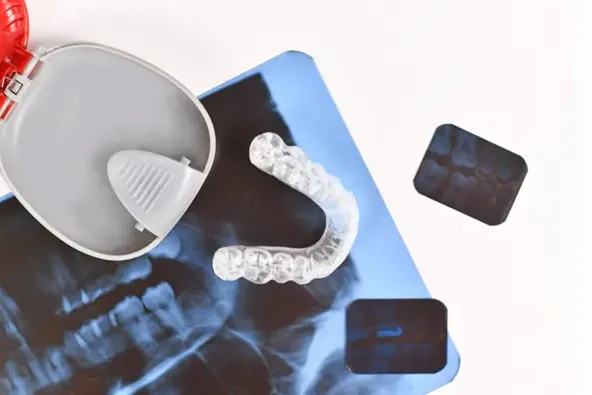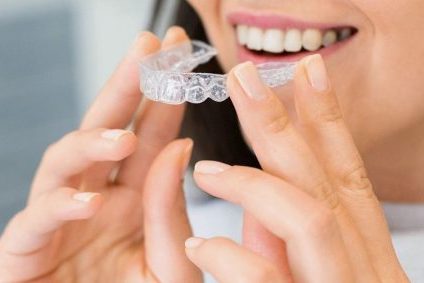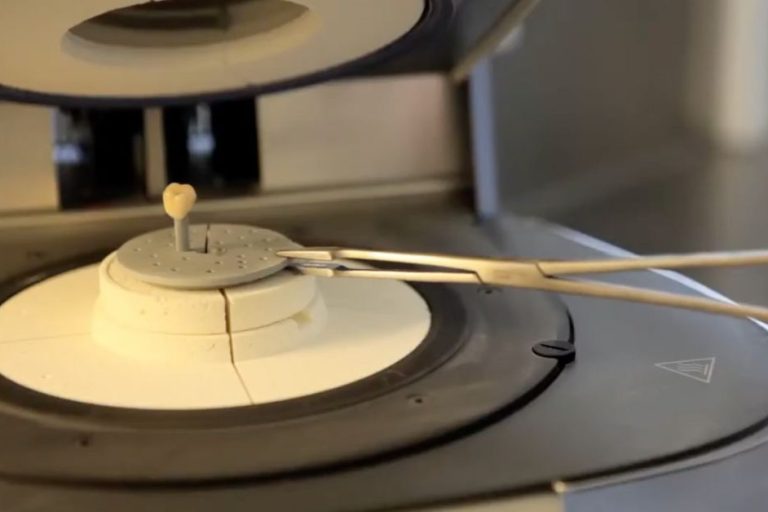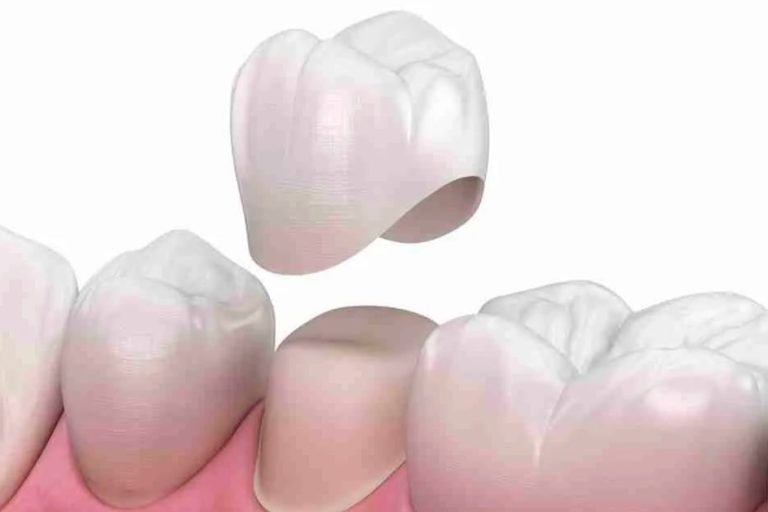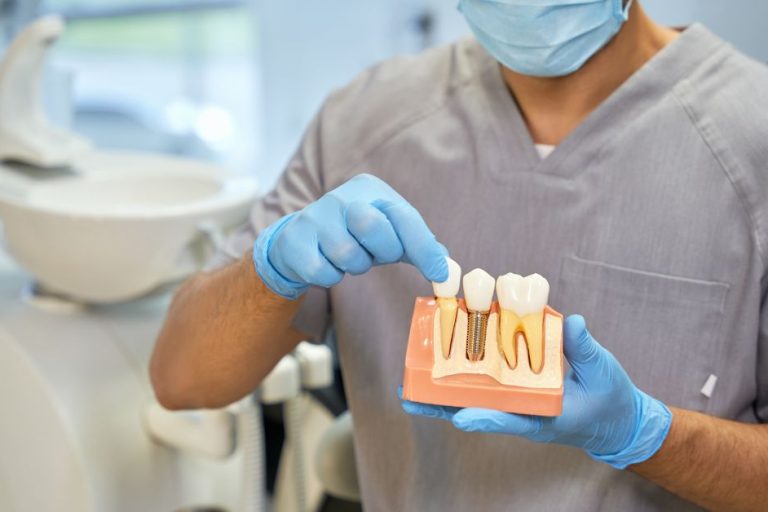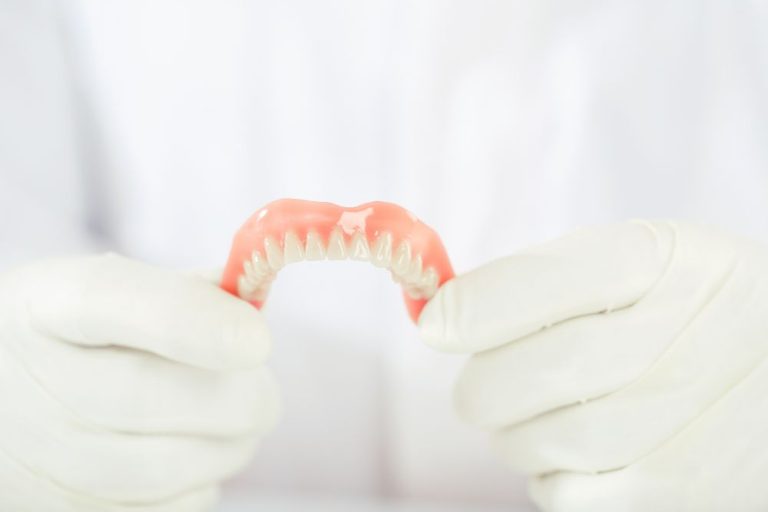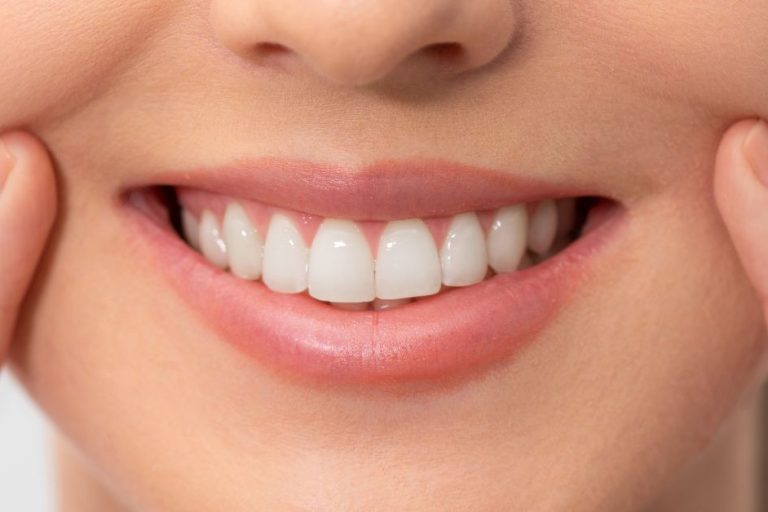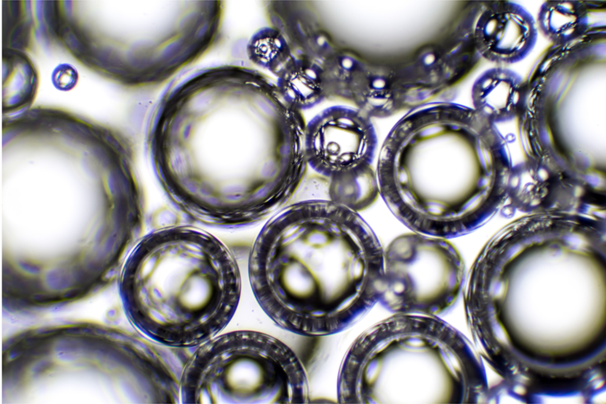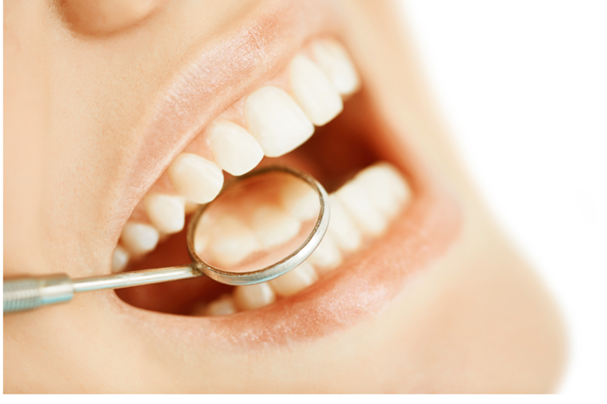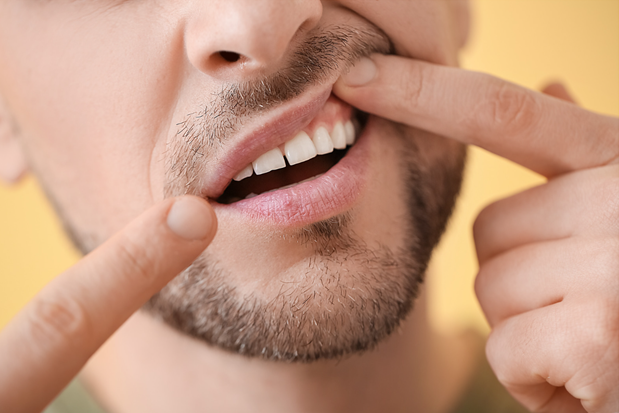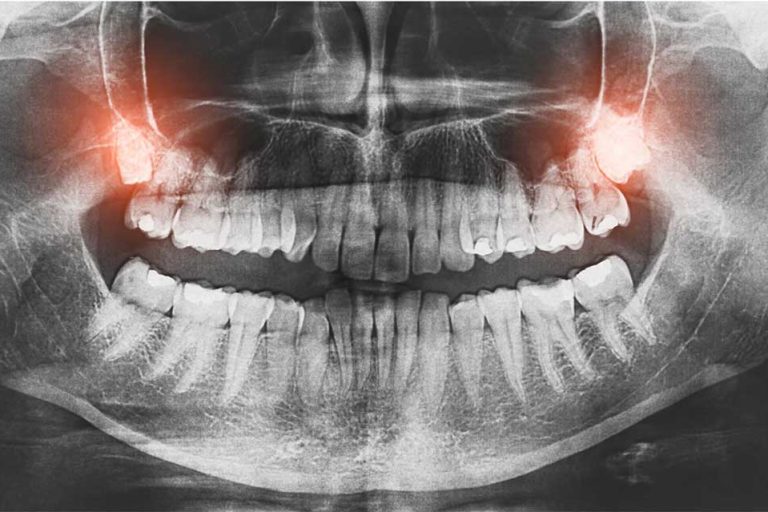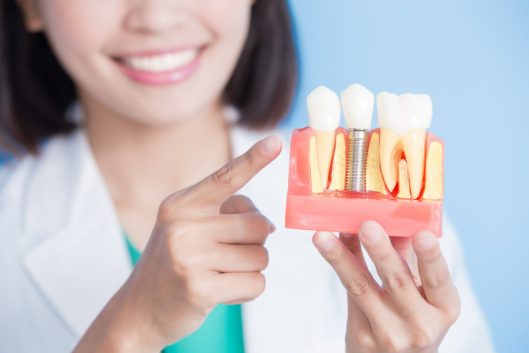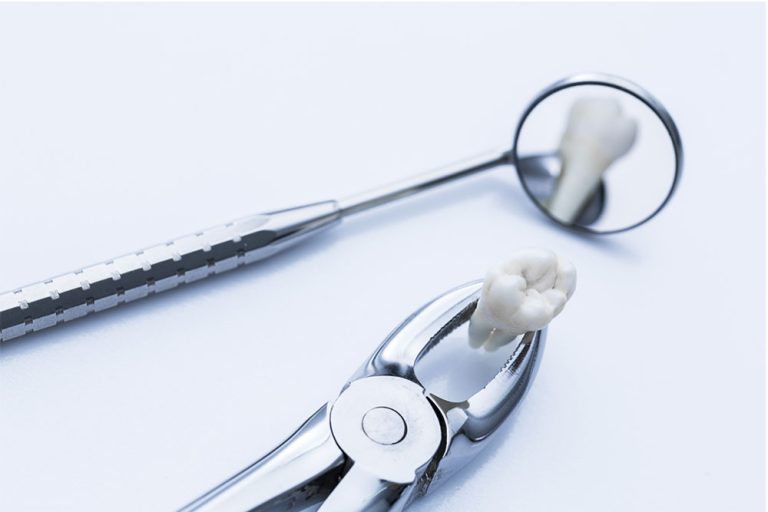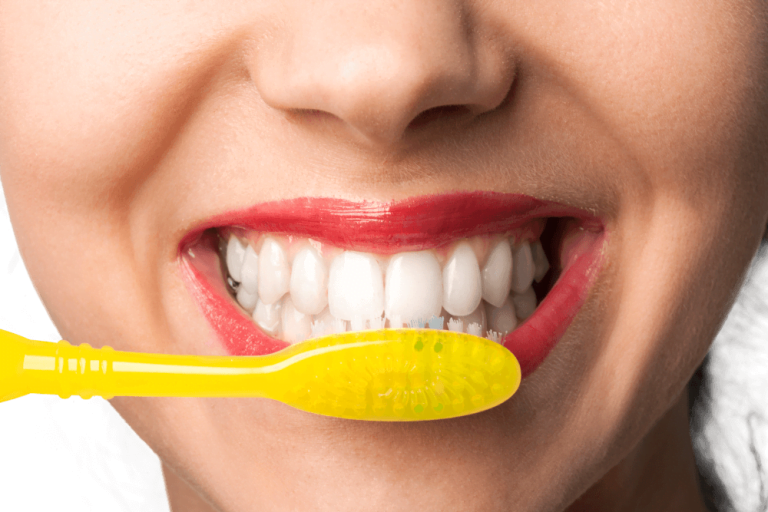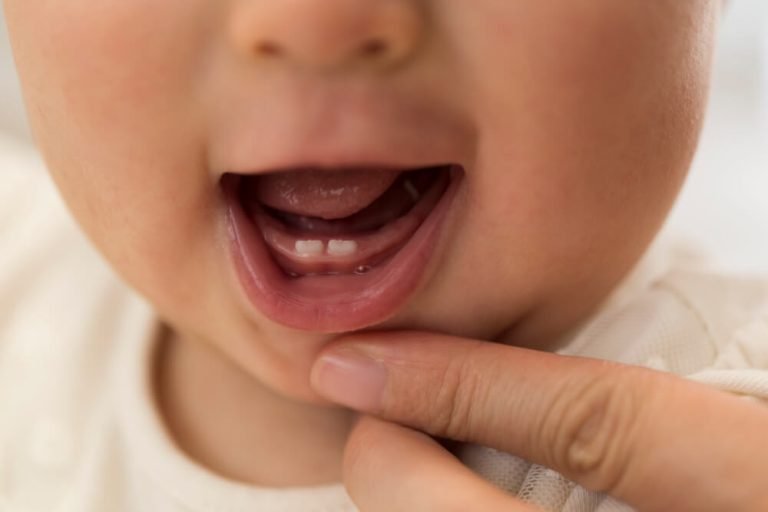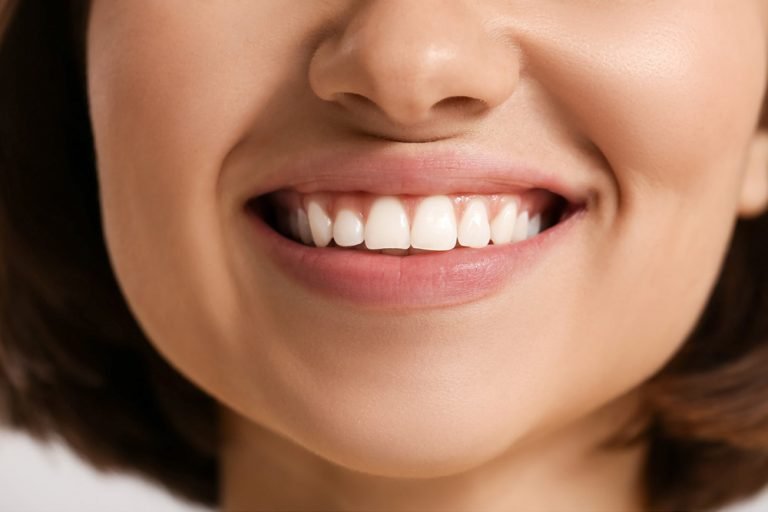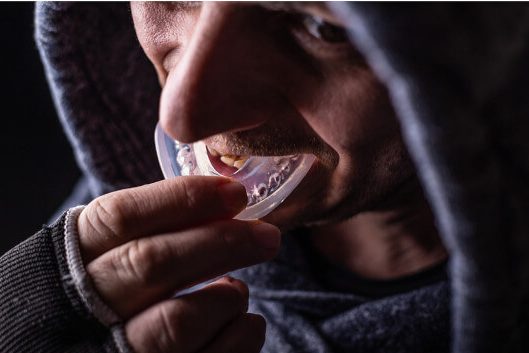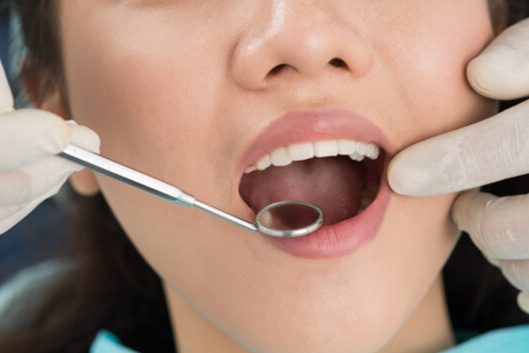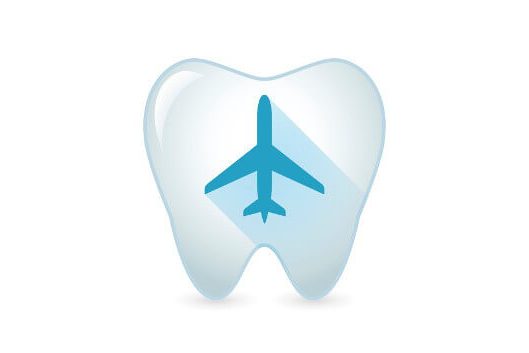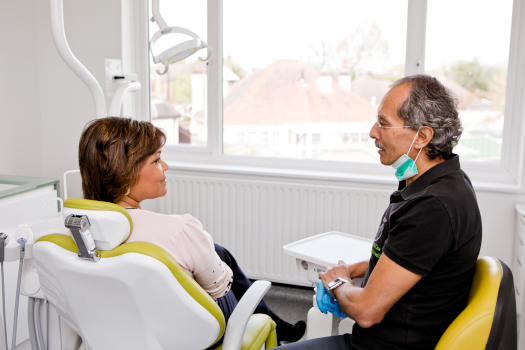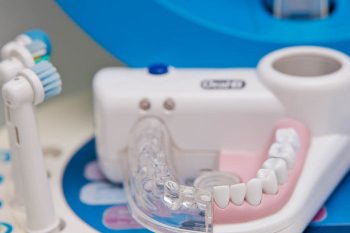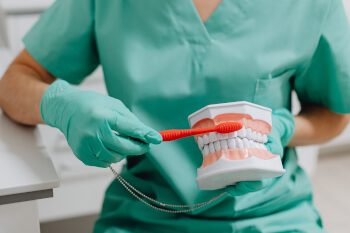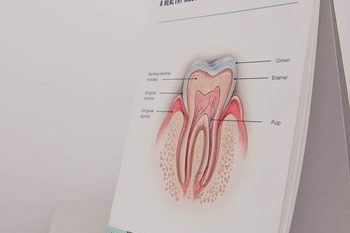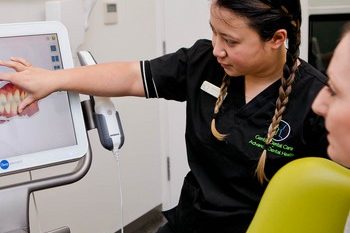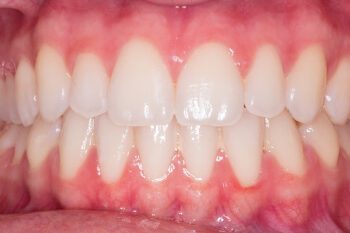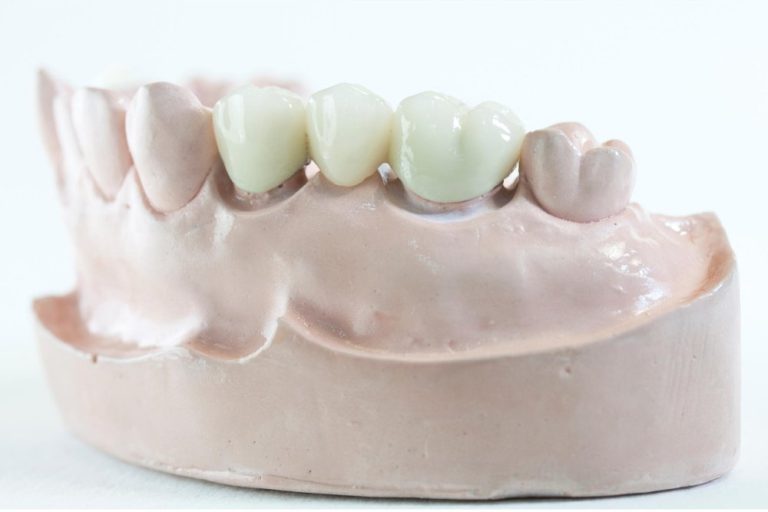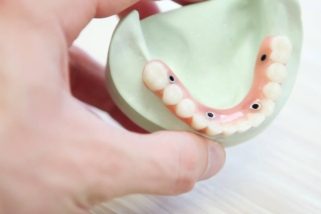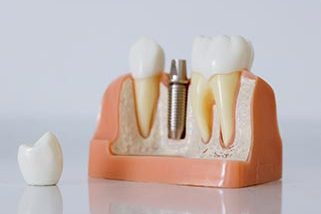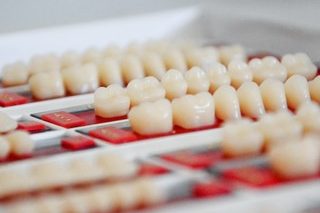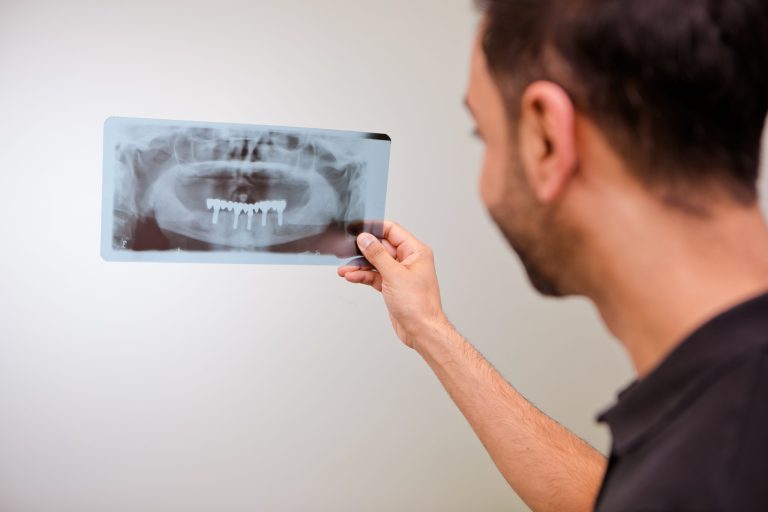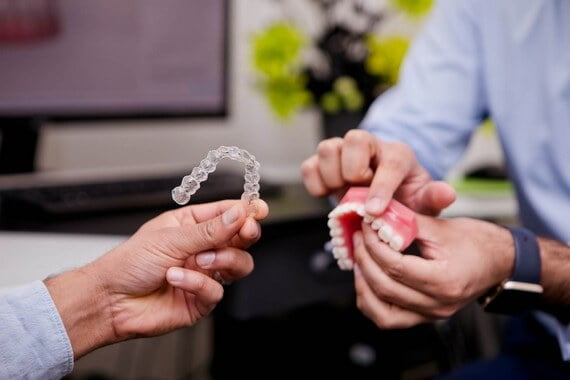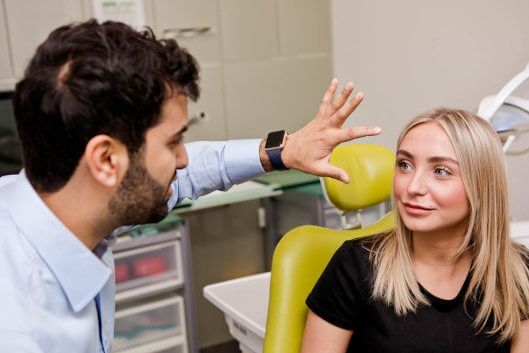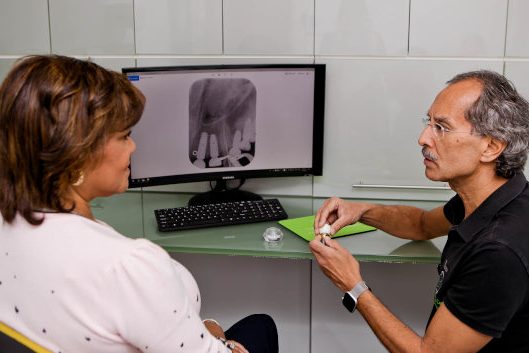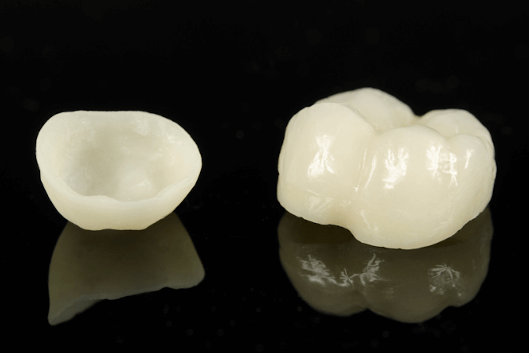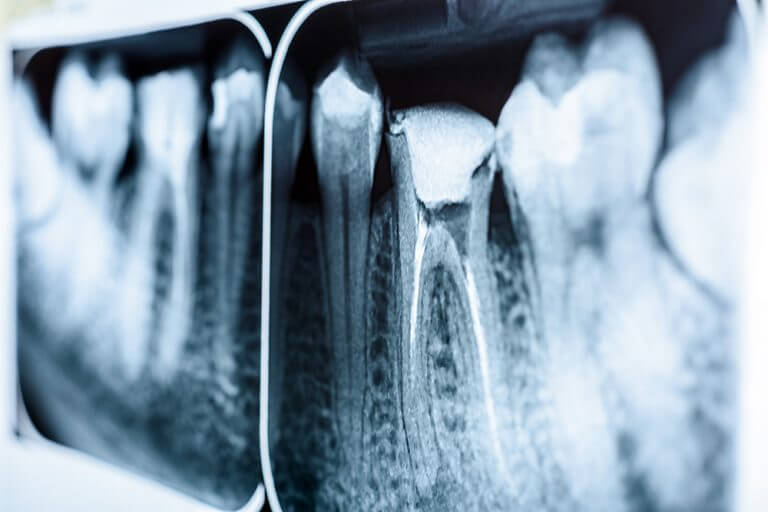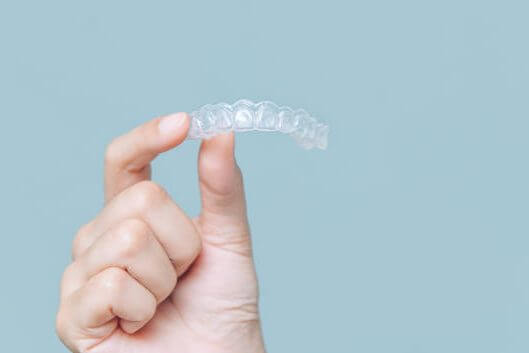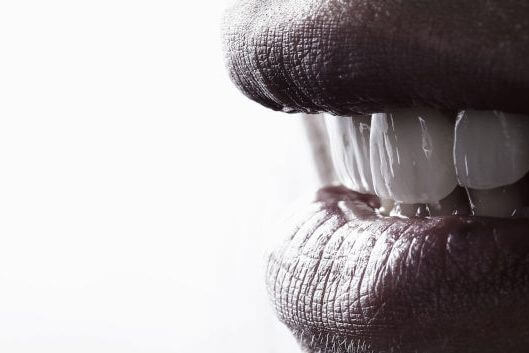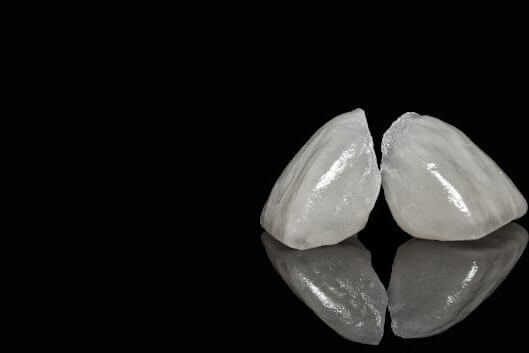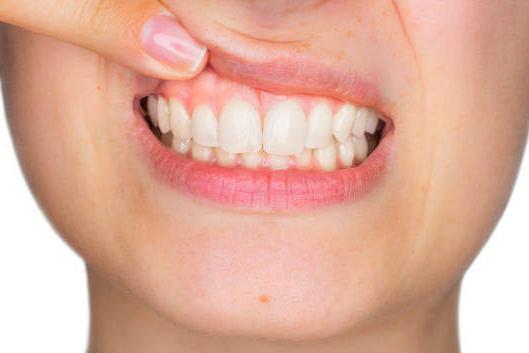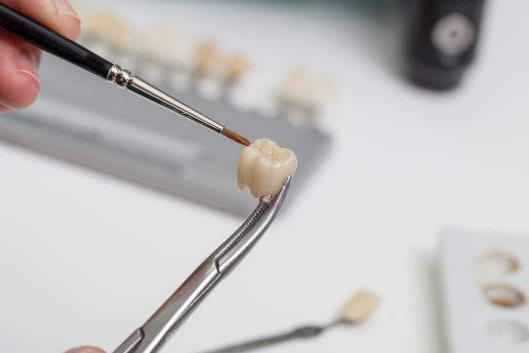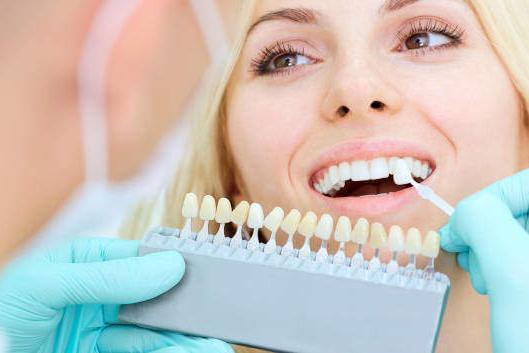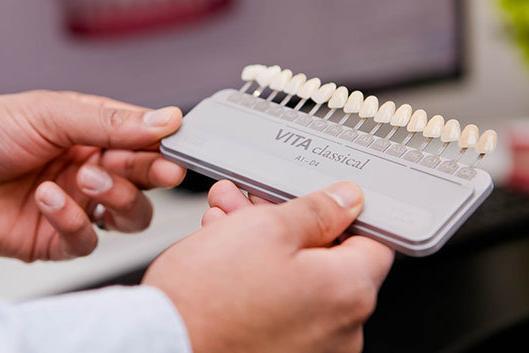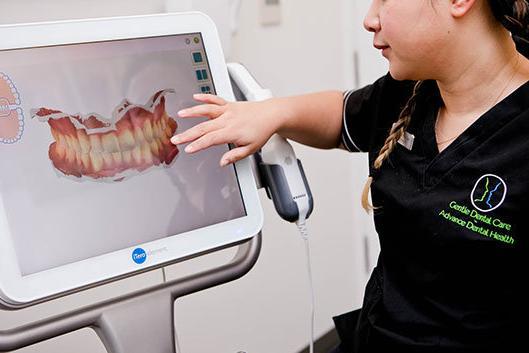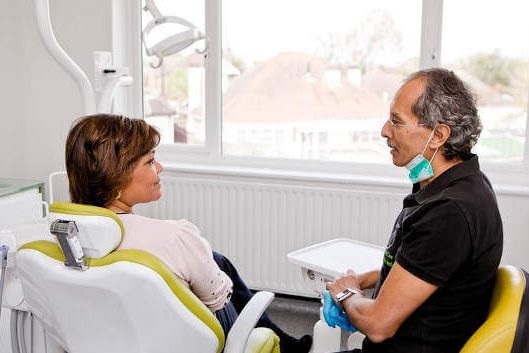What Are The Signs And Symptoms Of Periodontal Disease?

In this blog we will be outlining all you need to know about Periodontal Disease, including the causes, early signs, potential symptoms and how to prevent it.
What is periodontal disease and how is it caused?
Periodontal disease is a severe gum infection which can damage gum tissue and potentially destroy the bones in the mouth that support teeth. This can cause loss of tissue and bone which can lead to the loosening of teeth as well as put added strain on the immune system.
The root cause of the disease is the failure to remove plaque from teeth properly, which in turn, can harden and form tartar over time. Without professional dental cleaning to remove this plaque, gums can become inflamed and periodontal disease can set in.
Who is affected by periodontal disease?
Those most affected by the disease are smokers, however other risk factors include:
- Obesity
- Diabetes
- Genetics
- Hormone changes (during pregnancy, menopause and menstruation)
- Immuno-compromising conditions (such as HIV/AIDS and Cancer)
- Saliva-related medications
- Vitamin C deficiency
Periodontal disease symptoms?
The most common signs and symptoms of the disease are:
- Inflamed gums
- Red gums
- Bleeding gums
- Loose teeth
- Pain when chewing
- Gaps forming between gums.
Prevention of periodontal disease?
Preventing periodontal disease starts with good oral hygiene at all times. This will mean brushing a minimum of twice a day for at least two minutes, preferably when you wake up and before you go to sleep. Flossing daily is also essential to remove particles from between teeth and to reduce the chance of bacteria building up between teeth.
While good oral hygiene will help reduce the chances of getting periodontal disease, by itself, it is not enough to prevent the disease completely. Subsequently, regular dental visits are essential, preferably every 6-12 months. During your visit, cleaning will take place to allow for tartar removal. These cleaning sessions may need to be increased if you possess any previously mentioned risk factors such as diabetes, smoking or cancer.
Periodontal disease treatment
If good oral hygiene and dental cleanings are not enough to treat periodontal disease then further steps may be necessary. The first step will be prescribing antibiotics, which can help in cases when periodontal disease is persistent despite regular cleanings. Following this there should be regular follow up appointments to check the progress of the antibiotic treatment. If the antibiotics are not sufficient in dealing with the issue fully then the dentist may suggest surgery.
The most common surgery is ‘flap surgery’ in which the patient is put under anaesthesia and the gums are lifted away for a thorough cleaning of the roots of the teeth. The gums are then stitched back into place, which will cause some mild discomfort for a couple days but, will fully heal in a few weeks. In the majority of cases this should deal with the disease sufficiently, and assuming regular dental cleanings and good oral hygiene, the disease is unlikely to return.
If you are worried that you are showing signs of periodontal disease, gum disease or are in need of any other dental treatment, please do not hesitate to contact the Gentle Dental Care team for a consultation.
Call 020 3925 3846 or fill in our form to enquire about your consultation.
